Researchers at the Massachusetts Institute of Technology (MIT) have made significant progress in developing an artificial intelligence (AI) system capable of predicting heart attacks with high accuracy. According to a study published in the journal Nature Medicine, the AI model was able to identify patients at risk of heart attacks with an accuracy rate of 92%, surpassing the performance of human cardiologists.
The AI system, which was trained on a dataset of over 100,000 patient records, uses machine learning algorithms to analyze a range of factors, including medical history, lifestyle, and genetic information. By identifying patterns and correlations in the data, the AI model is able to predict the likelihood of a heart attack with a high degree of accuracy.
"We're not saying that AI is going to replace human cardiologists, but rather that it can be a valuable tool to help them make more informed decisions," said Dr. Andrew Ng, a co-author of the study and a leading expert in AI research. "The goal is to use AI to help identify patients who are at high risk of heart attacks, so that we can take preventative measures to reduce the risk of a heart attack occurring in the first place."
The development of this AI system has significant implications for the field of cardiology, where early detection and prevention of heart attacks are critical. According to the American Heart Association, heart disease is the leading cause of death worldwide, accounting for over 17 million deaths per year.
Meanwhile, a recent study published in the journal Environmental Research Letters has shed light on the persistence of conspiracy theories, including the notion that shadowy forces are controlling the weather. The study found that conspiracy theories often have a kernel of truth, but are often distorted or exaggerated over time.
In the case of the weather control conspiracy theory, researchers have found that while it is not possible to control the weather on a large scale, there are certain technologies that can be used to manipulate local weather patterns, such as cloud seeding and weather modification systems. However, these technologies are not capable of causing widespread devastation or manipulating the weather for nefarious purposes.
"It's a classic case of the 'kernel of truth' phenomenon, where a conspiracy theory starts with a grain of truth, but is then exaggerated and distorted over time," said Dr. Dave Levitan, a researcher at MIT and author of the study. "Our goal is to provide a more nuanced understanding of the relationship between technology and conspiracy theories, and to help people separate fact from fiction."
The development of this AI system is currently in the experimental phase, with researchers planning to conduct further studies to refine its performance and accuracy. If successful, the AI system could potentially be used in clinical settings to help identify patients at risk of heart attacks and prevent them from occurring in the first place.






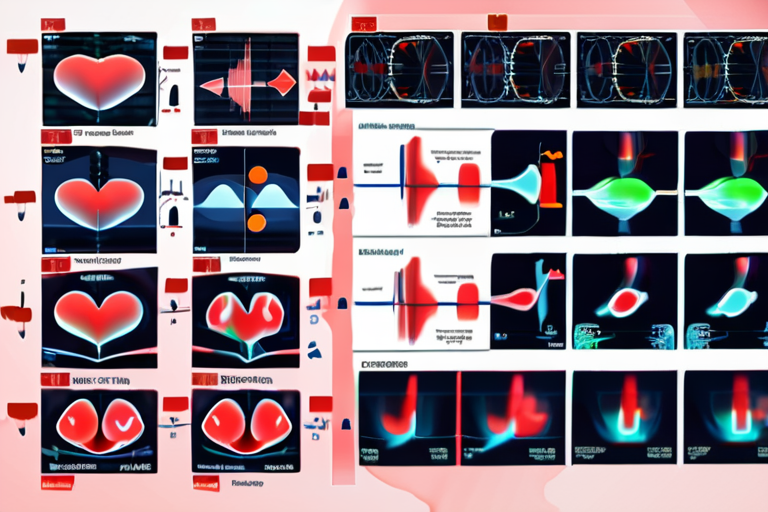
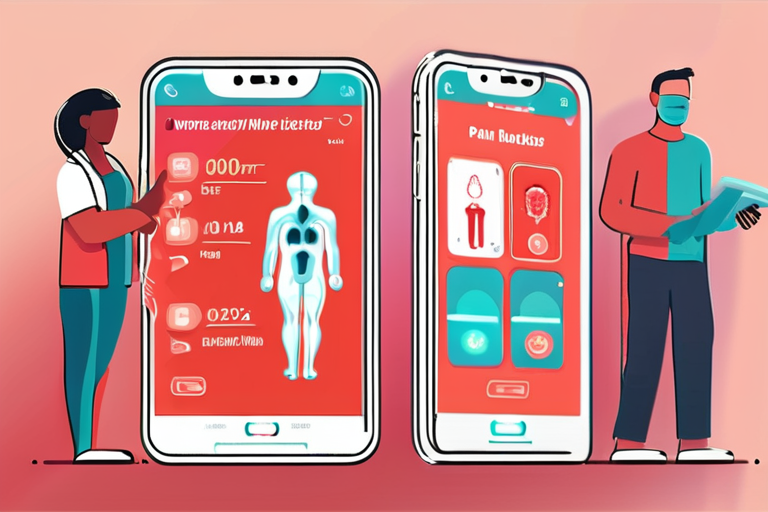




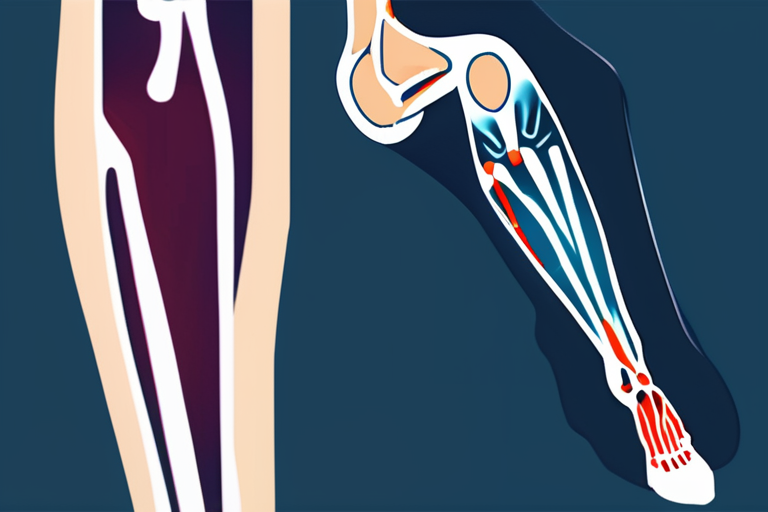

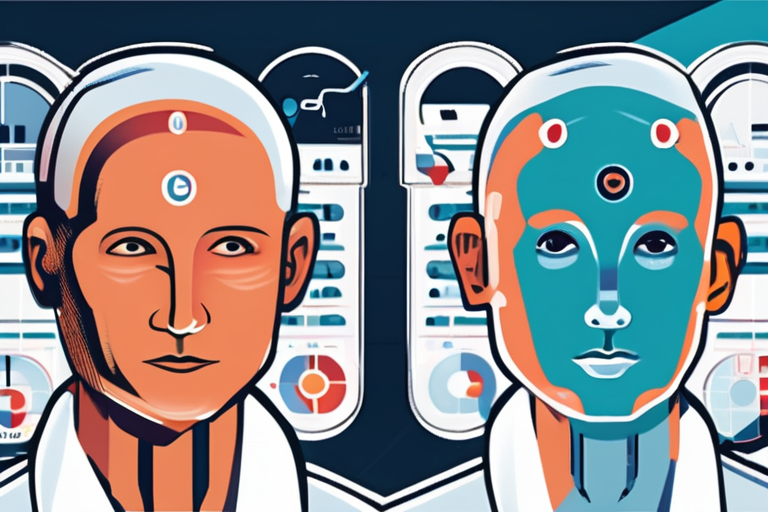
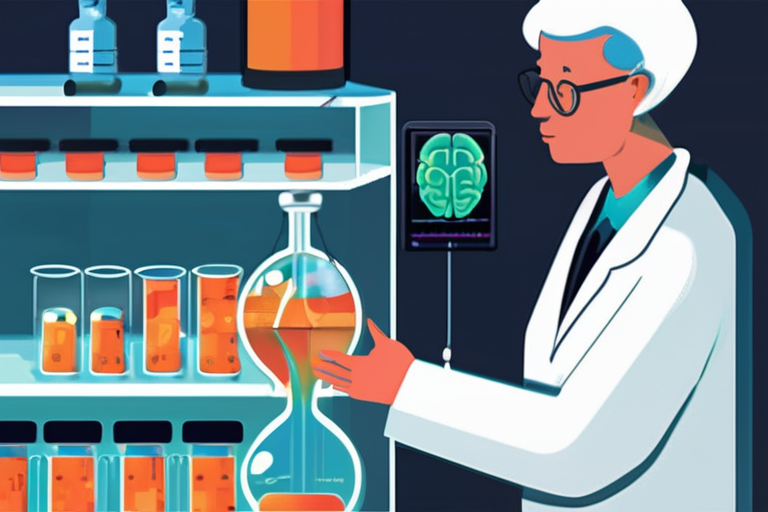

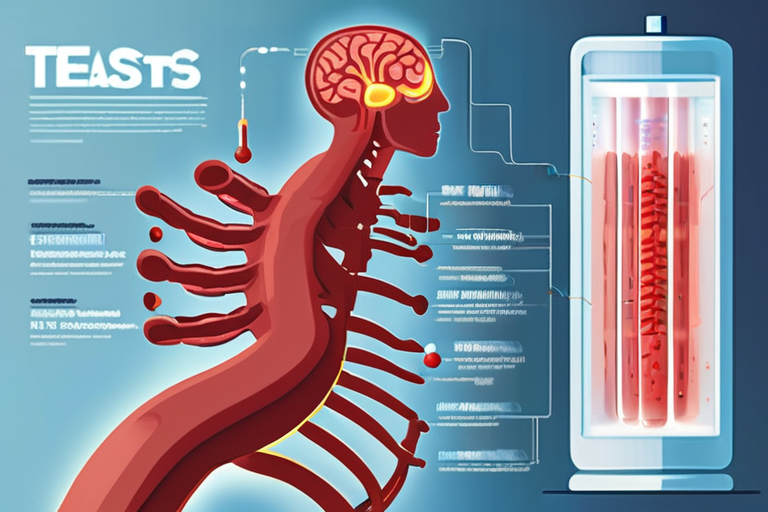
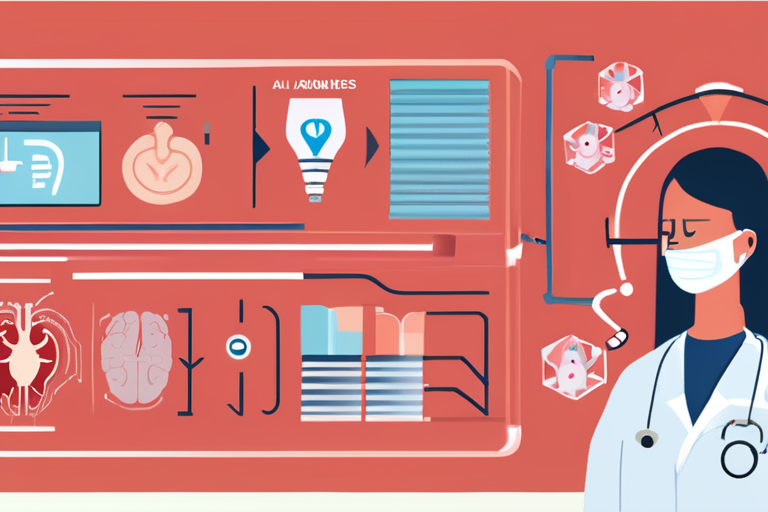






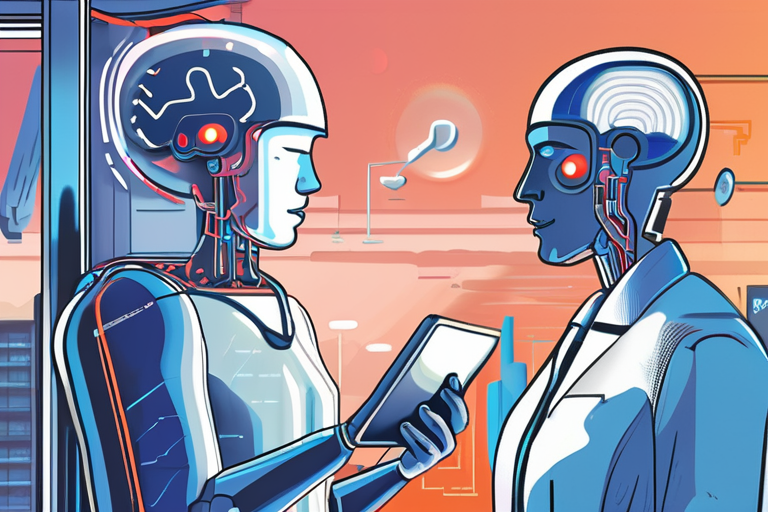

Share & Engage Share
Share this article